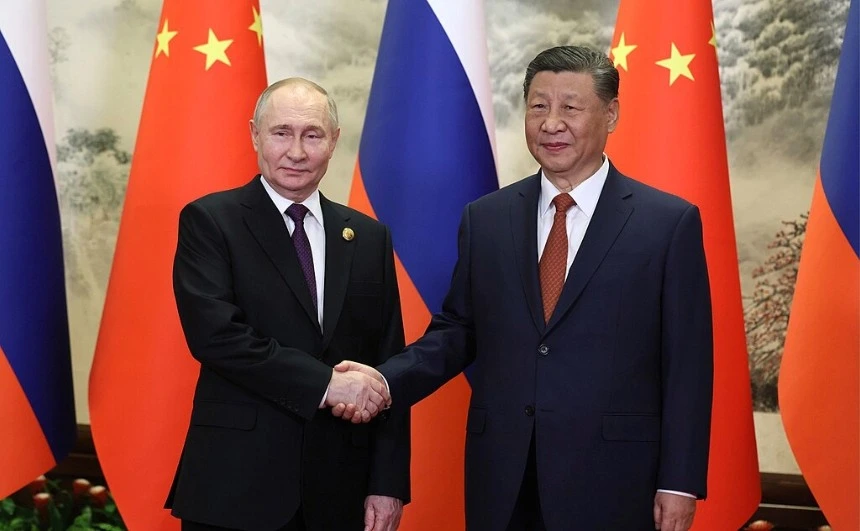Beyond Traditional Geopolitics: A New Perspective
Rethinking Geopolitics (Indiana UP, 2024) is an attempt to make sense of the current mass usage of the term, and in particular to move beyond my earlier book on geopolitics, Geopolitics and the Quest for Dominance (Indiana UP, 2016), which included an extensive discussion of geopolitics before the term became widely used.
The new book concentrates on geopolitics during the period when the term was used. The topic is of greater significance today due to the (highly debated) argument that ideology is less significant in international relations than during the Cold War.
The Fluidity of Geopolitical Perceptions
However, the perceptions bound up in geopolitics are inherently in a state of flux, and to a degree that clashes markedly with the language about the fixity of interests—“geography as destiny”—that is so often invoked.
Political actors are more generally involved in a situation in which major uncertainty is inherent in decision-making.
This observation might appear to represent a critique of “the public,” but perceptions are also at play for political actors and military planners. In part, this is an obvious consequence of the range of activity that has to be engaged.
Thus, what geopolitics means in the context of “triphibious” warfare and “cross-domain synergy” is not immediately clear.
Political actors are more generally involved in a situation in which major uncertainty is inherent in decision-making. Yet again, this is an instructive contrast to the apparent fixity of geopolitics.
Geopolitics in a Multivalent World
Geopolitical models tend to use rational explanations of interests and goals; but the rationality in question may be very different, indeed, to borrow the phrase from Samuel Huntington, one of the forms of a clash of civilizations.
In this, as in other cases, motivating drives can be treated as rational; but the rationality may be that of a Darwinian body seeking fulfillment in organic terms rather than those of a cerebral mind.
Allowing for a more plastic interpretation of geopolitics provides a way to treat it as both analysis and rhetoric.
Xi Jinping and Vladimir Putin share an existential challenge to geopolitical assumptions based on a rules-based system in which, despite criticisms of them, Western values, national independence, human rights, and democratic practices are all linked, at least as desirable factors.
The degree to which this ideological affinity trumps elements in which China and Russia clash is open to discussion.
There is no room for a conclusive statement on the matter, and suggestions to the contrary are foolish. Any emphasis above on the shared values of Xi Jinping and Vladimir Putin underlines the extent to which geography is scarcely destiny but instead refracted through a multivalent situation.
Allowing for a more plastic interpretation of geopolitics provides a way to treat it as both analysis and rhetoric. That, however, poses a continuing challenge for geopolitical conceptualization.











